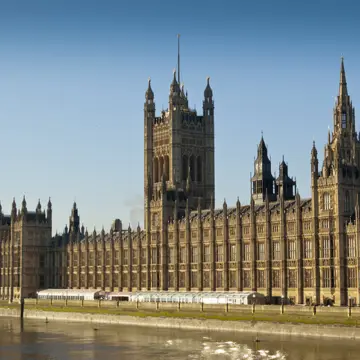Filter your search
Areas of interest
Sort by
A message from the CEO
read
11 February 2026
News
New government plan major step forward for foster care - but it doesn’t go far enough
read

04 February 2026
News
The impact of racism and extremism on children, young people, foster carers and the fostering community
read
09 December 2025
News
Children in England not receiving the right care as foster carer numbers continue to fall
read

27 November 2025
News
Jasmine Rapson
Independent review of foster care allowances in Scotland finds rates too low
read
29 July 2025
News
Scottish Government publishes findings of its ‘future of foster care’ consultation
read
29 July 2025
News
John Lewis and Waitrose raise £6,750 for care-experienced young people
read

25 July 2025
News
Significant policy and practice change needed following Marcia Grant’s inquest
read
10 July 2025
News
The Fostering Network welcomes Scottish Government’s new Bill to introduce a register for foster carers
read
19 June 2025
News
Young People's Advisory Board attend Young Scot Awards 2025
read

18 June 2025
News